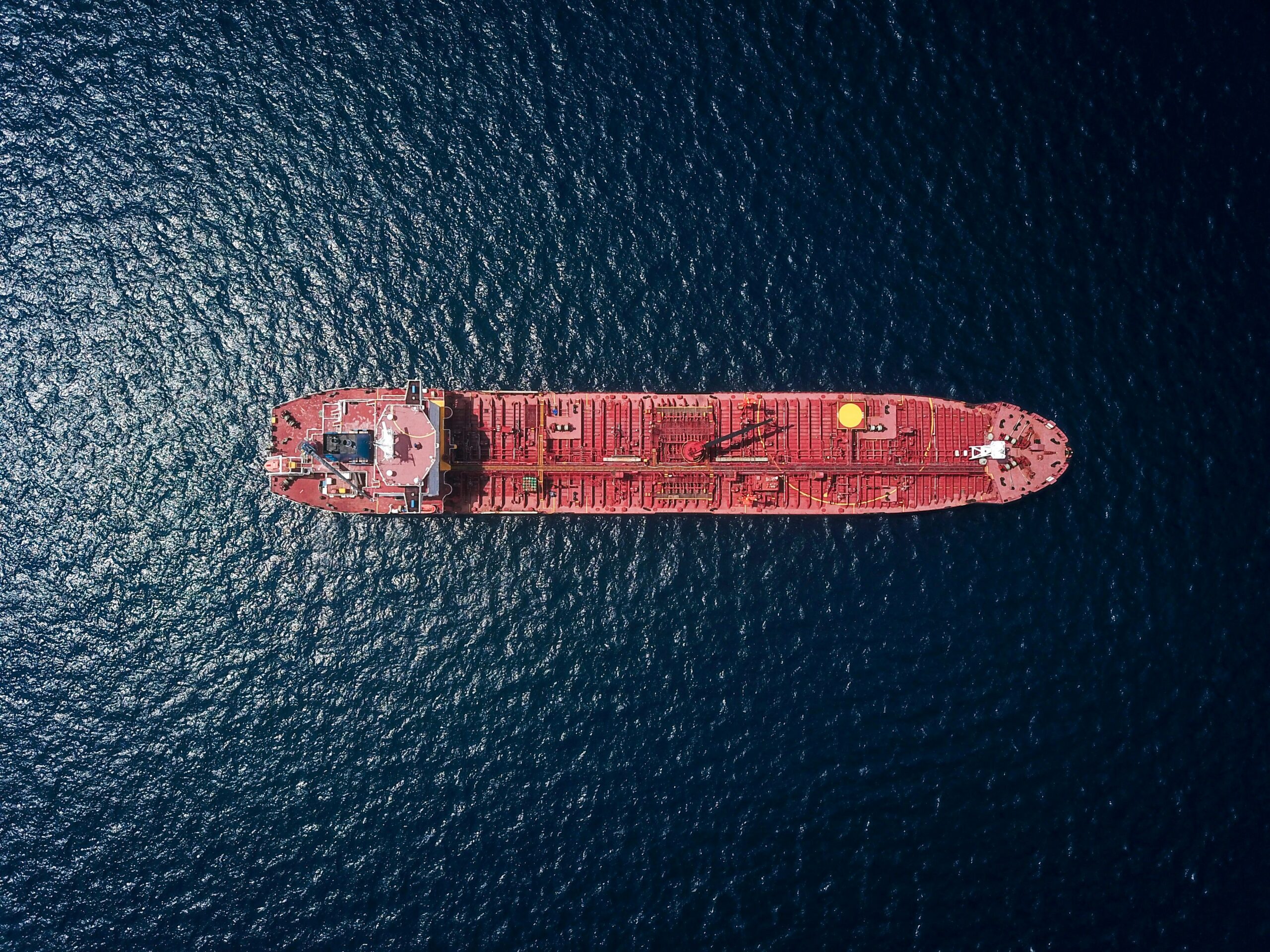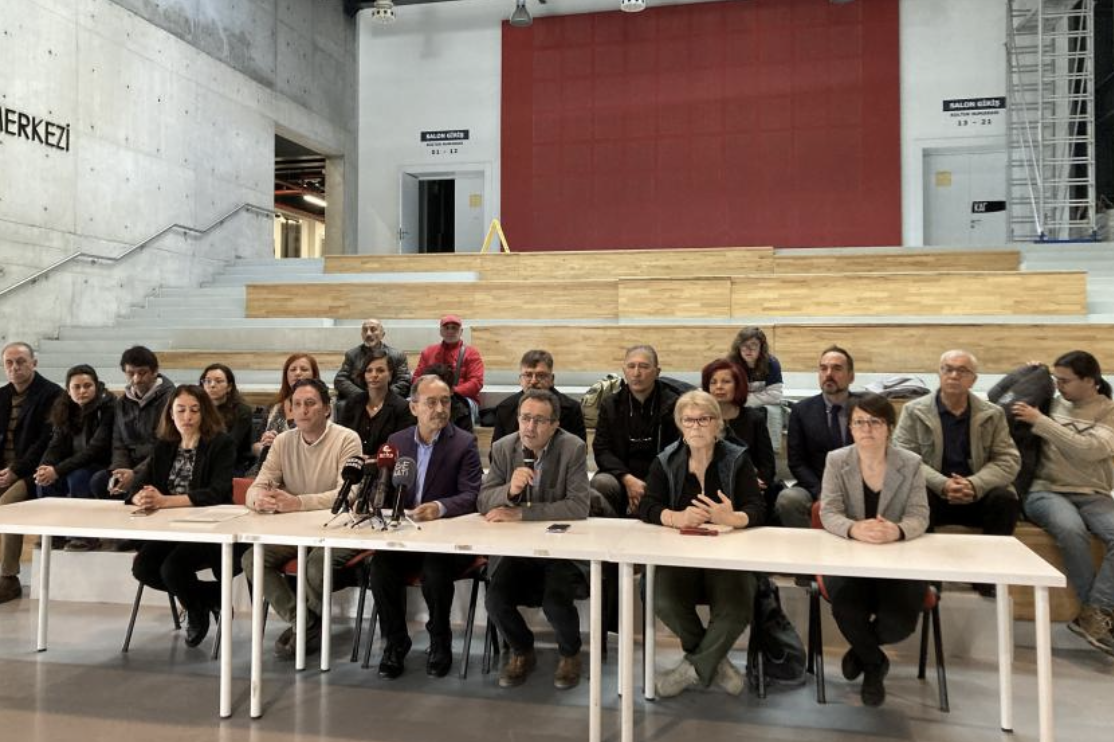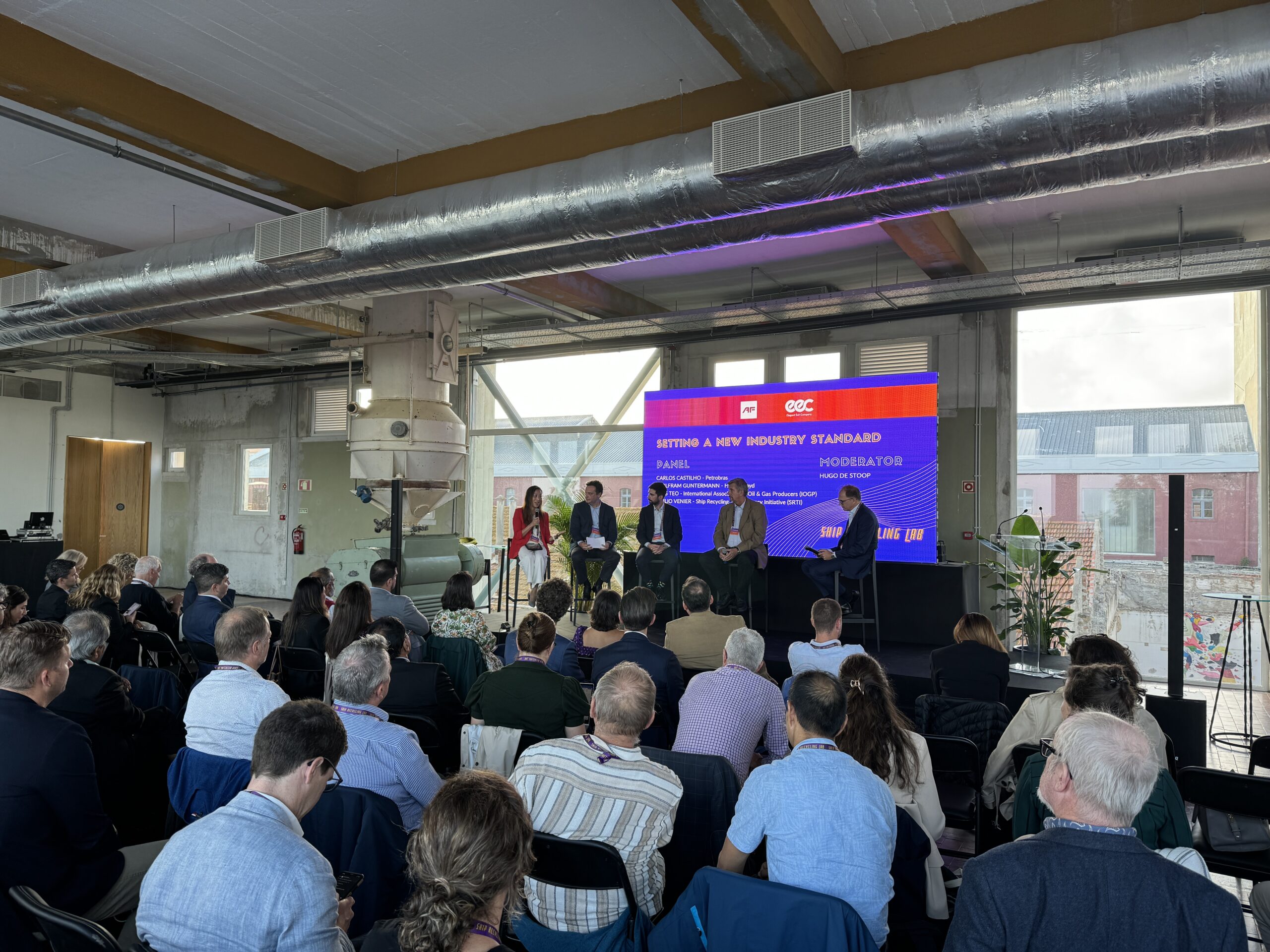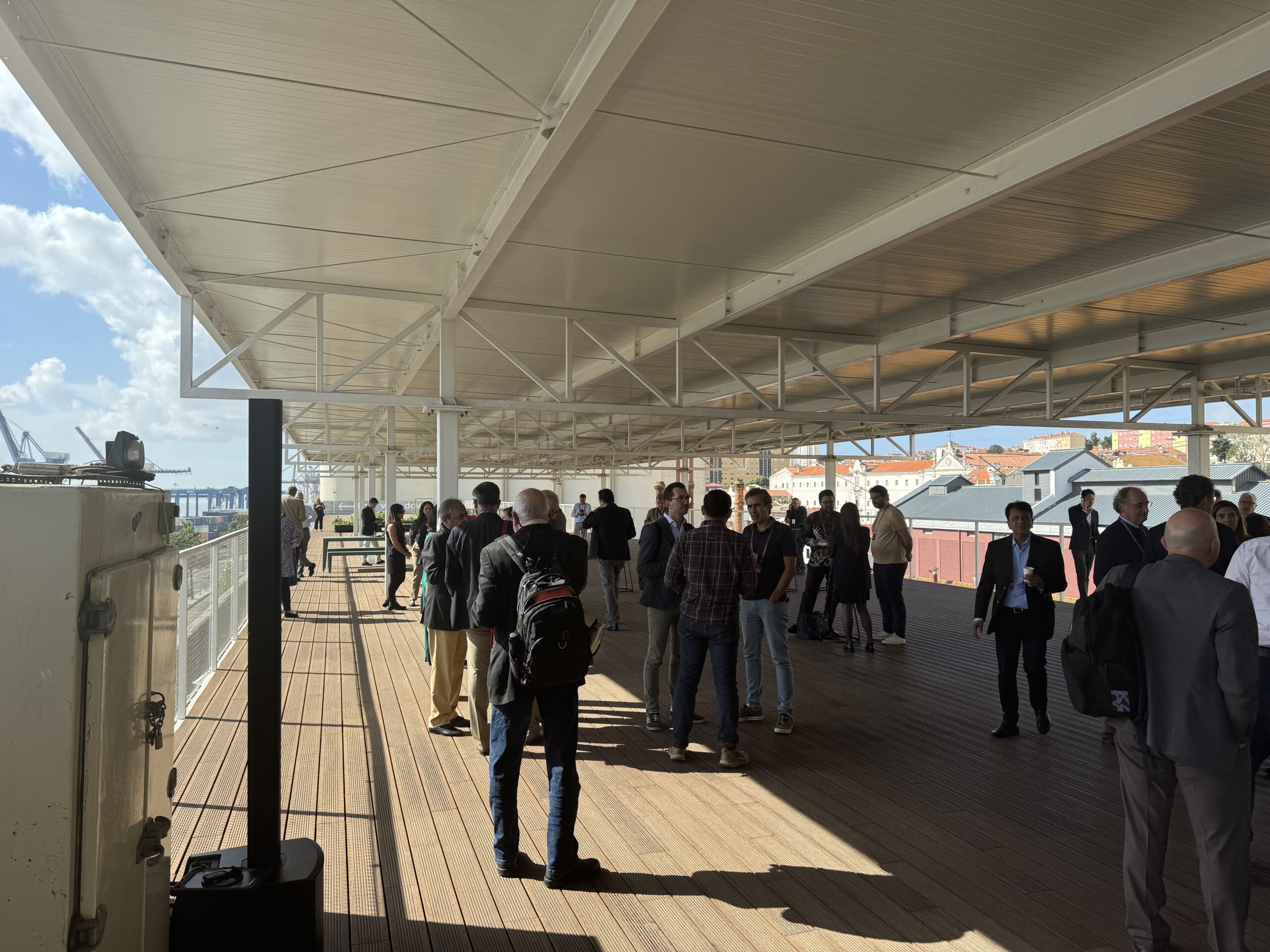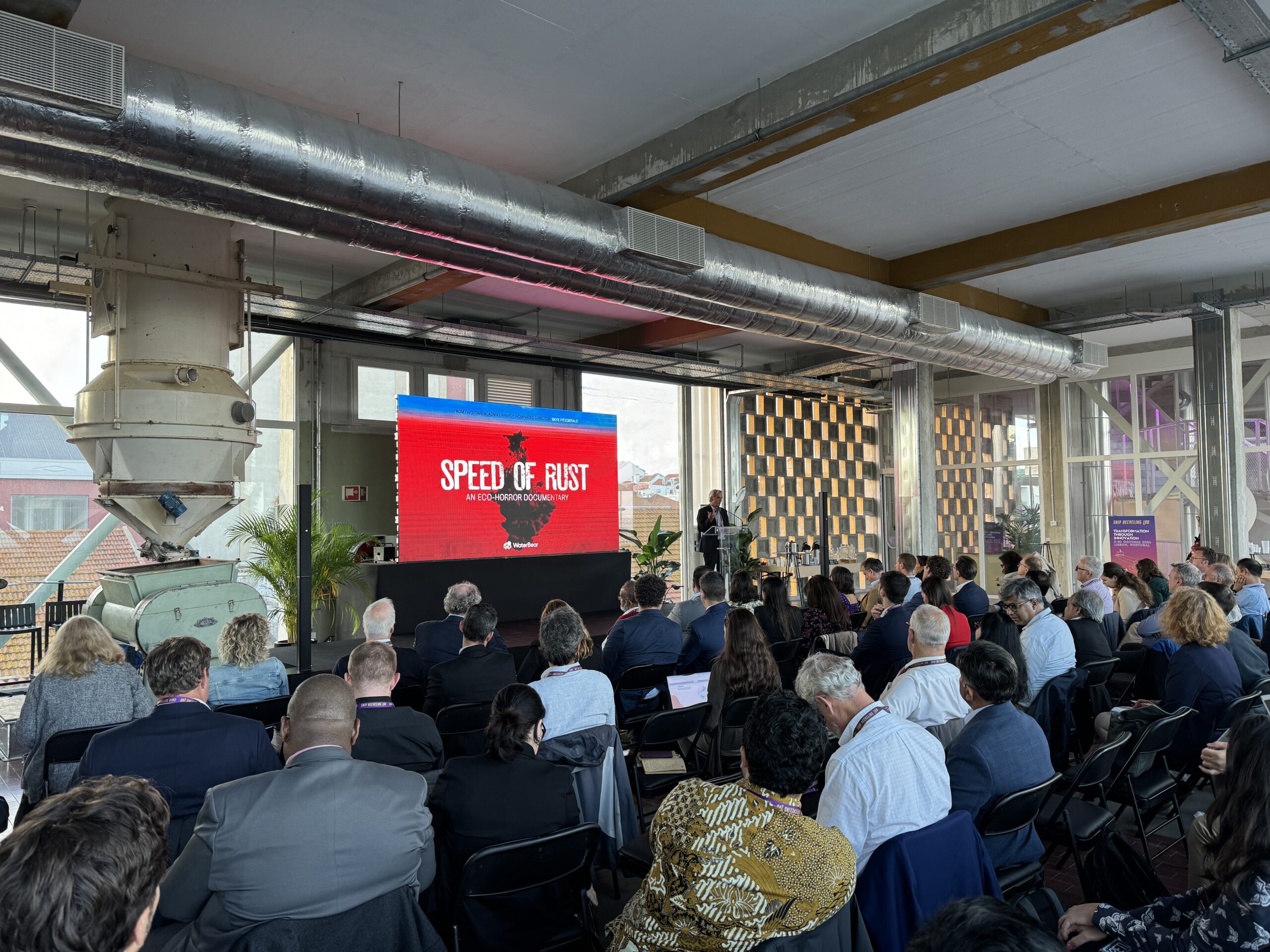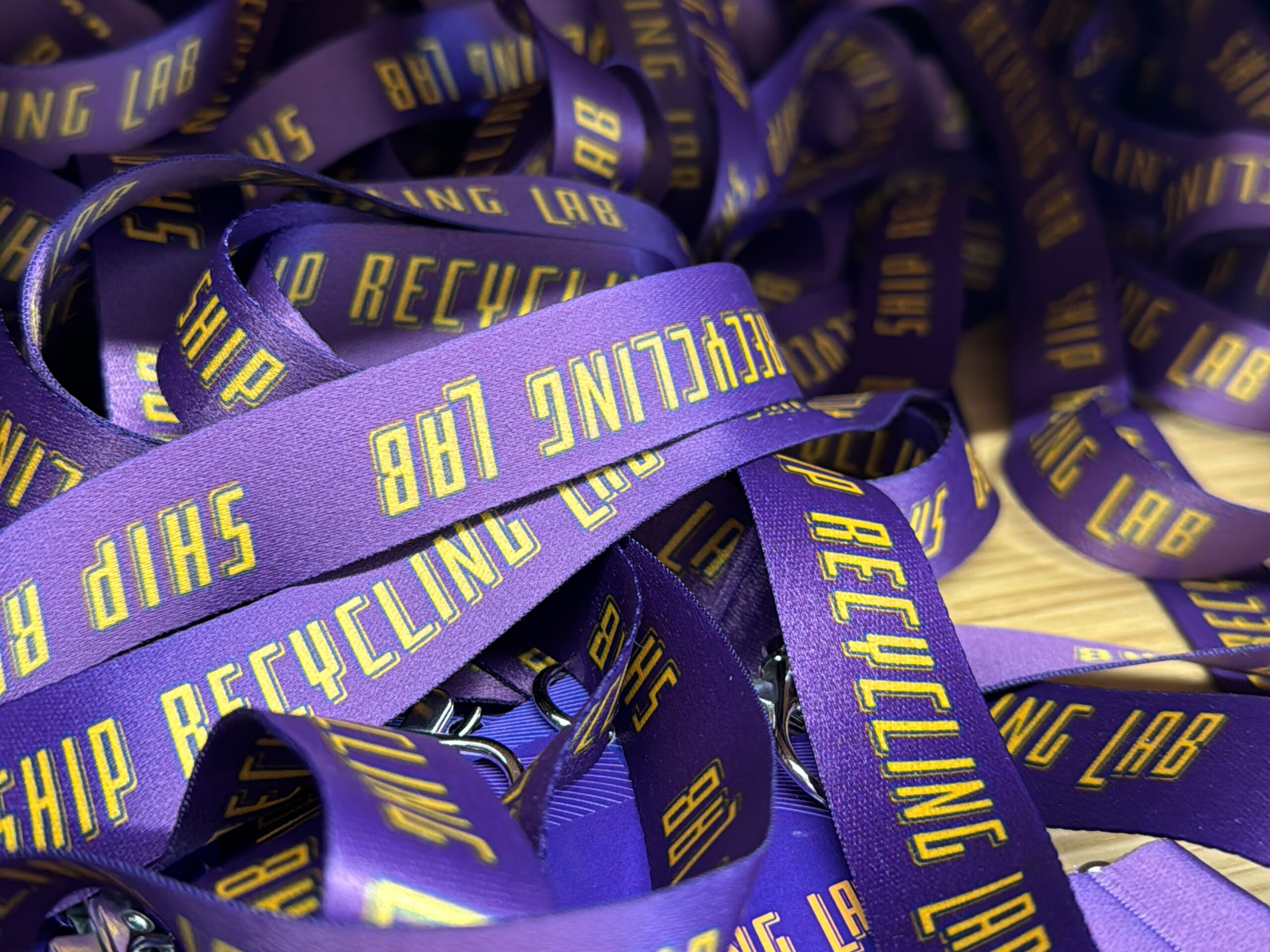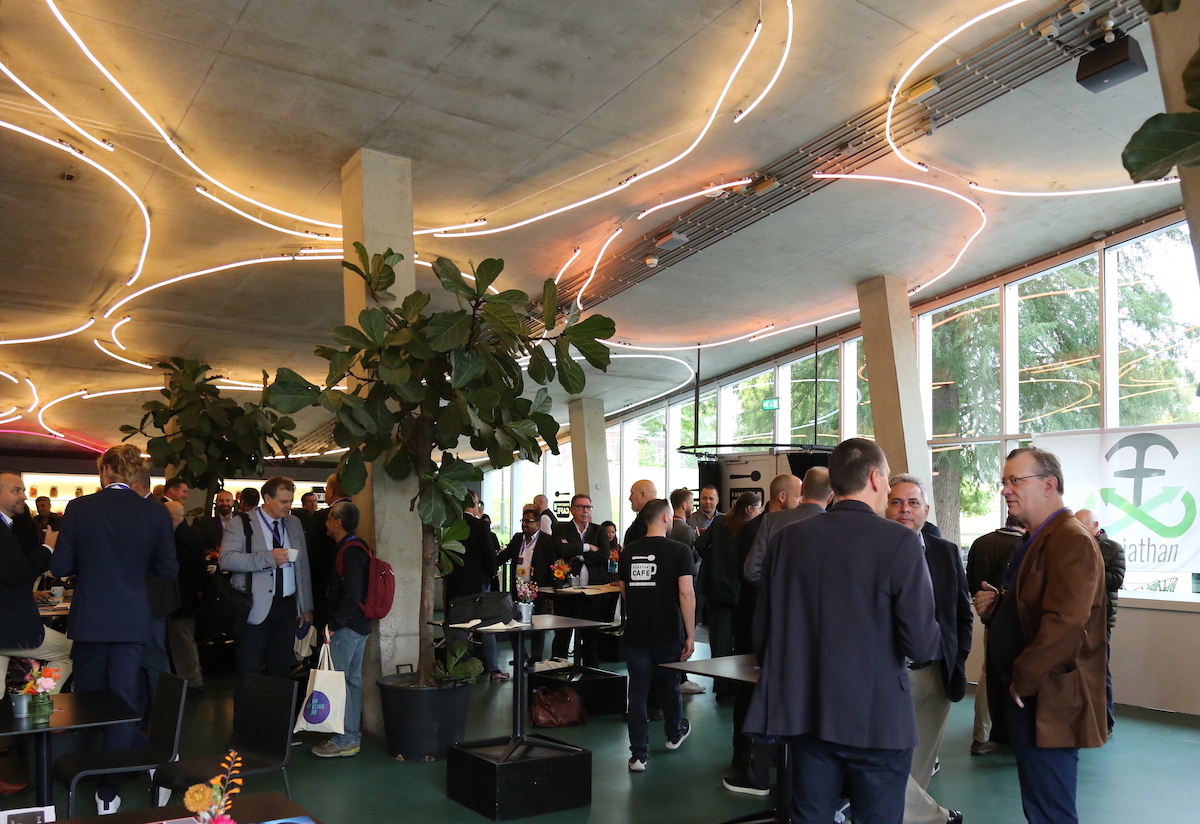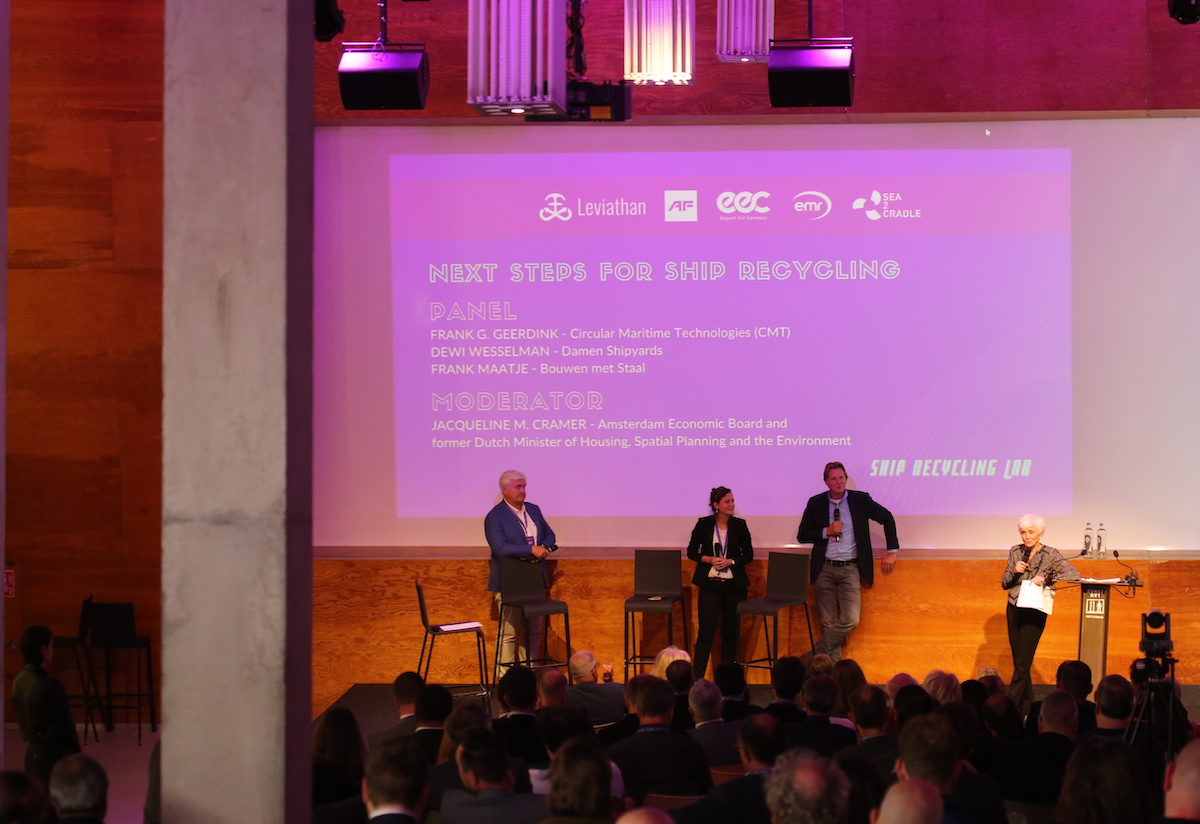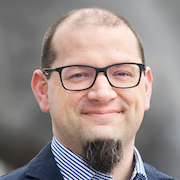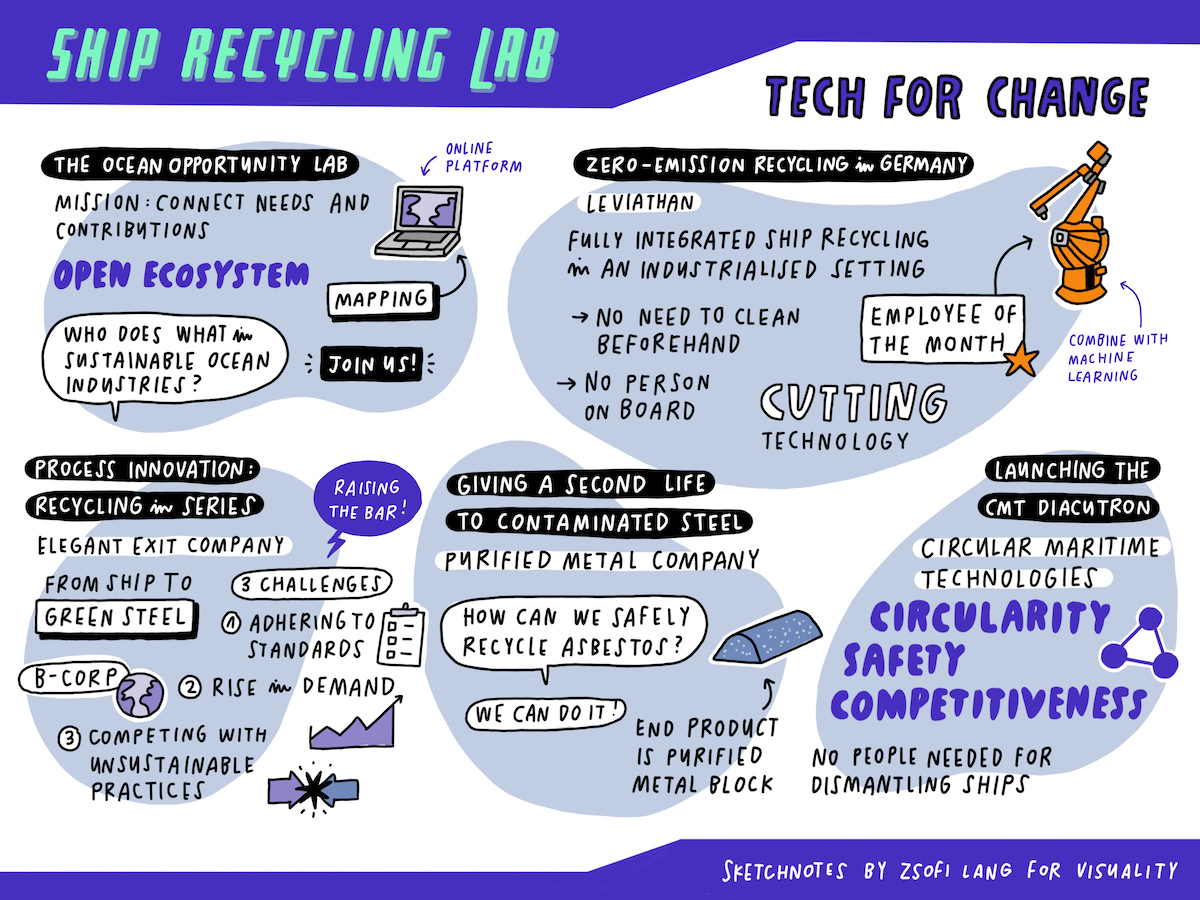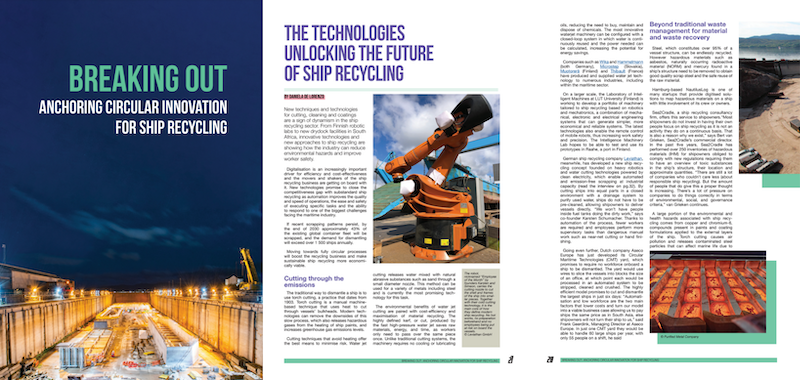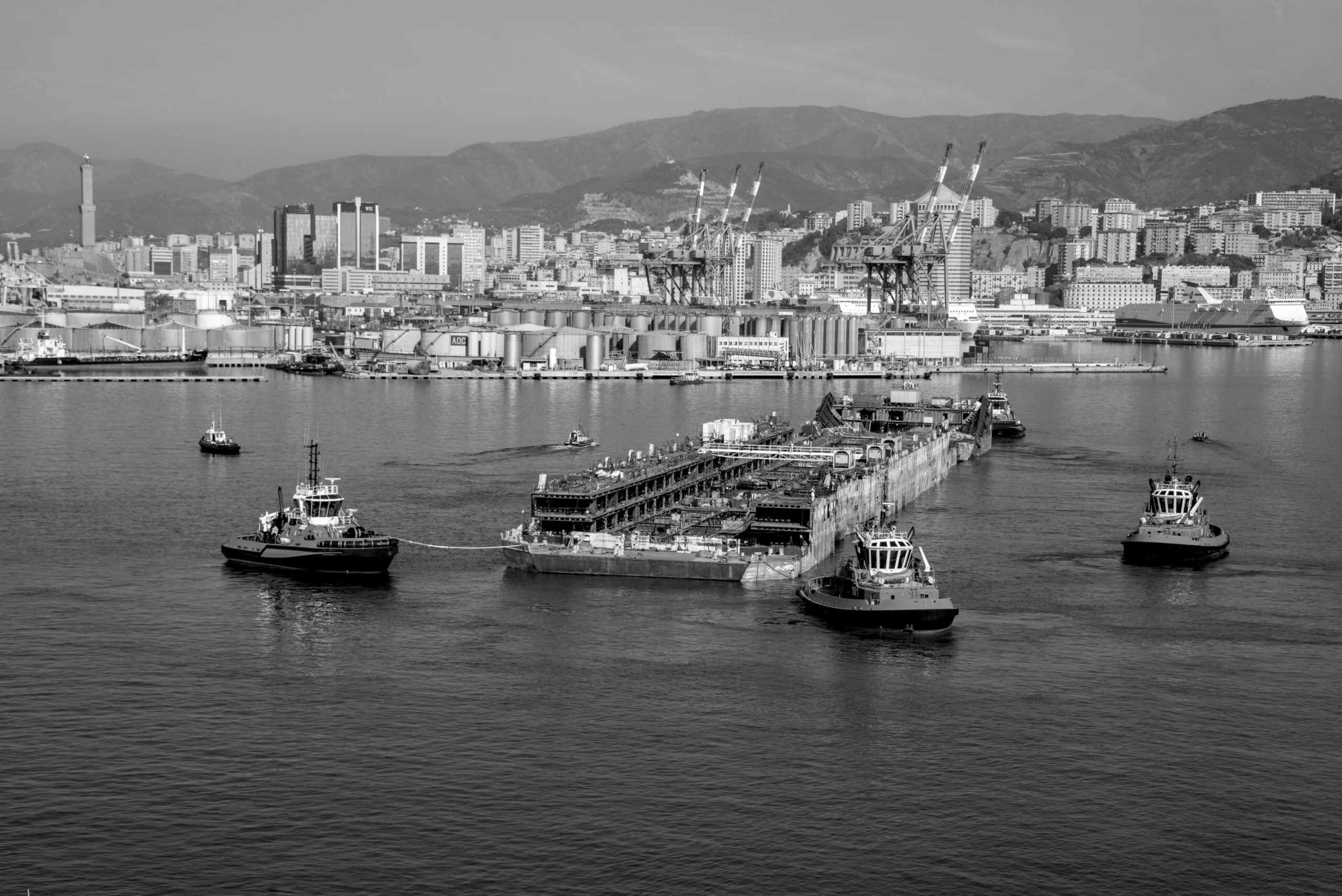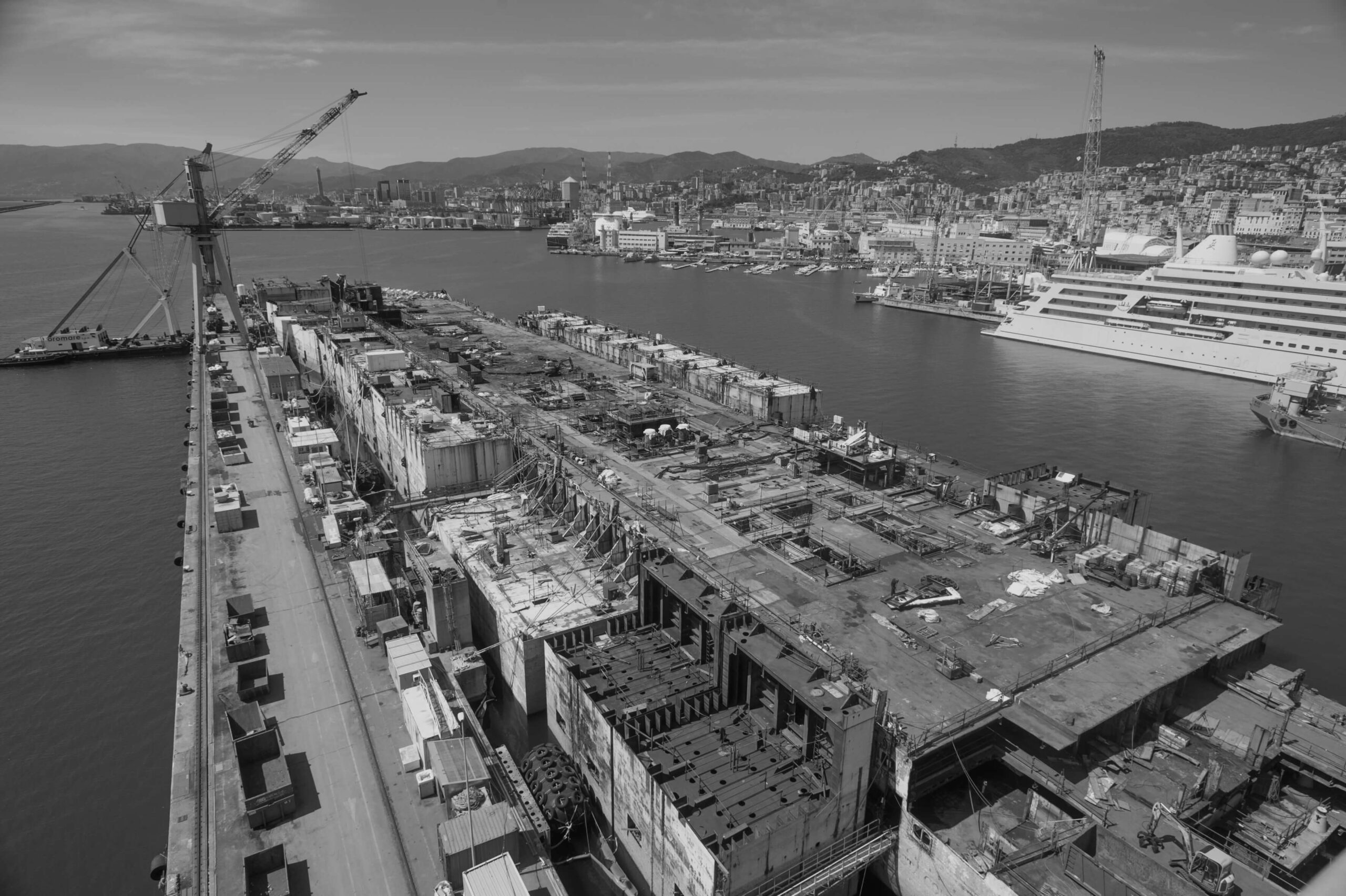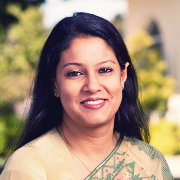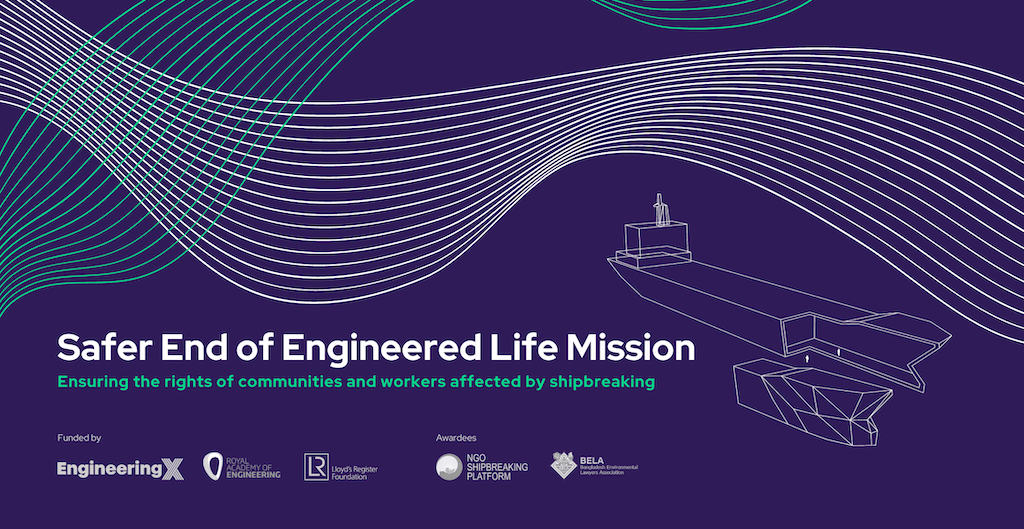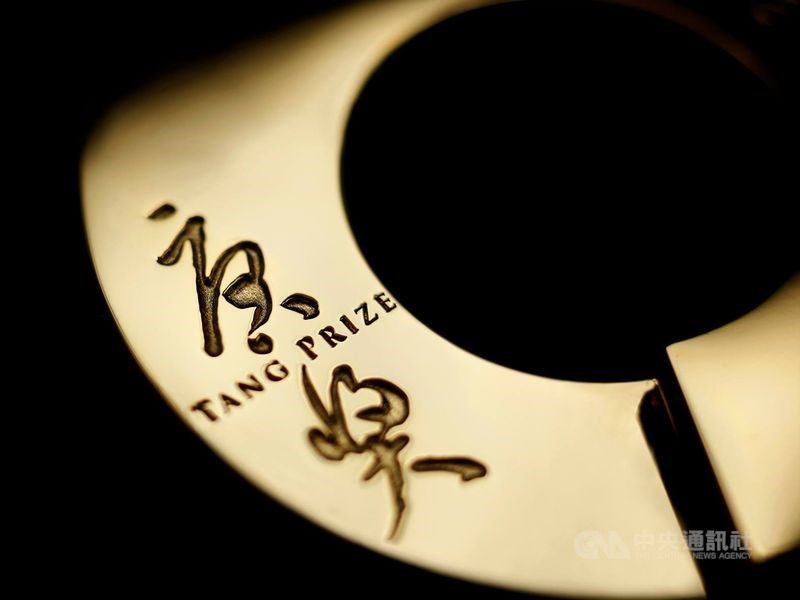The European Commission published its evaluation of the EU Ship Recycling Regulation (EU SRR) earlier this month. The evaluation clearly identifies several issues that hinder the effectiveness of the EU SRR, including circumvention of the regulation through out-flagging and a lack of detailed EU standards for hazardous waste management and environmental monitoring. Yet, the Commission does not consider a swift revision of the EU SRR an adequate response.

The evaluation also announces an upcoming report on the feasibility of introducing a return scheme for ships trading in the EU to incentivise the use of EU-approved ship recycling facilities. Additionally, it aims to clarify the application of corrective and punitive actions in cases where deficiencies are identified during ship recycling facility inspections and highlights unannounced inspections as an essential tool for ensuring the effectiveness of the EU SRR.
To prevent the loss of skills in both the maritime and circular economy sectors and to boost capacity for handling the increasing number of vessels expected to reach end-of-life in the coming years, the EU’s approach to ship recycling must uphold the Polluter Pays principle and contribute to the general policy objectives of the European Green Deal, including optimised material recovery and zero-emission industrial activities. When formulating targets and policy measures under the Circular Economy Act, the Steel and Metals Action Plan, the Ecodesign for Sustainable Products Regulation, and the new Clean Industrial Deal, ship recycling must be recognised as a key contributor to the decarbonisation of the European steel sector.
Furthermore, the evaluation finds that the standards set by the EU SRR and their implementation are not sufficiently aligned with EU safety and environmental acquis [2]. Consequently, the Commission intends to develop clearer criteria for the EU approval of ship recycling facilities. The NGO Shipbreaking Platform recommends incorporating measures to optimise material recovery from ships, particularly steel recycling operations. Clear requirements for environmental, health, and safety monitoring and reporting must also be established to ensure that all yards on the EU List operate fully in line with EU standards.

While the shipping industry is pressuring the EU to accept Indian beaching yards onto the EU List, the NGO Shipbreaking Platform warns that such a move would blatantly undermine the EU SRR’s objective of creating a level playing field that benefits yards operating in line with the EU safety and environmental acquis. It would also seriously threaten the future of the EU ship recycling sector and the recent investments made to establish new ship recycling facilities based on industrial platforms that provide full containment.
The evaluation rightly recognises that the International Maritime Organization’s Hong Kong Convention sets far weaker standards than the EU SRR. The NGO Shipbreaking Platform supports the EU’s efforts to take international leadership in amending the Hong Kong Convention to align with the EU SRR while ensuring full and effective implementation of the Basel Convention on the Control of Transboundary Movements of Hazardous Waste and their Disposal as it applies to end-of-life ships.

The Polluter Pays principle and Extended Producer Responsibility are fundamental principles of EU environmental policies and must also apply to the shipping sector. By holding EU-based shipping companies accountable—regardless of their vessels’ flags—many more ships would fall under EU regulations, ensuring alignment with broader EU corporate accountability policies. The current opacity of ownership structures in the shipping sector poses several problems, and transparency regarding the European shipping sector’s Beneficial Owners should be ensured, starting with the public disclosure of ownership details for the 21,000 ships classified as EU-owned.
NOTES
[1] The evaluation report highlights that “shipping companies did not make the shift they were expected to make towards dismantling their ships in facilities on the European List.” It identifies flagging-out from EU registries at end-of-life as a key factor undermining the effectiveness of the regulation. While flags such as Comoros, St Kitts and Nevis, and Palau are alarmingly popular at end-of-life, many EU-owned vessels never sail under an EU flag, or only do so during their early operational years. As the evaluation notes, fewer than 40 vessels are scrapped annually under an EU flag—a figure far lower than the number of ships scrapped each year by EU shipping companies, many of which end up on South Asian beaches.
The report further finds that shipping companies swap their EU flags for non-EU flags to access higher prices from yards not included on the EU List. While the shipping sector presents this as a key factor in maintaining global competitiveness, the report shows that the additional revenue gained from substandard shipbreaking yards represents only 0.0020% to 0.0050% of some shipping companies' annual revenues—demonstrating that the industry can afford to manage its end-of-life fleet at facilities that meet EU standards.
[2] Some EU-approved yards in Turkey have been found lacking essential environmental safeguards, such as oil-water separators and functional wastewater collection systems, leading to direct environmental discharge. These deficiencies contrast sharply with wastewater management requirements for yards in EU/EFTA countries. Moreover, facilities operating in Aliaga have not undergone an Environmental Impact Assessment or obtained an environmental licence in accordance with Turkish regulations. These are serious concerns that do not align with EU standards for the safe and environmentally sound management of hazardous waste.

